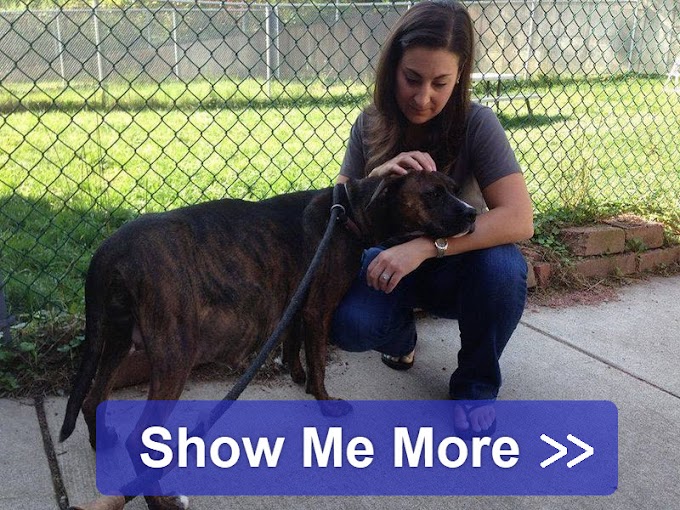This year Eid al-Fitr starts on May 1 or May 2, depending on the lunar calendar.
The start of the holiday is timed to the first sighting of the crescent moon marking the beginning of the Islamic month of Shawwal.
Some countries, such as Turkey, rely on technology to see the crescent moon. Others, still follow the tradition of sticking to bare eyes to see the moon's shape.
Eid al-Fitr is celebrated to commemorate the end of the fasting month of Ramadan and takes place over three days. Eid al-Fitr means “the celebration of breaking the fast.”
Ramadan marks the time when the Quran, the Muslim holy book, was revealed to Prophet Muhammad. Devout Muslims fast during daylight hours and spend time in self-reflection, prayer and giving charity.
There are two Eids celebrated in the year: Eid al-Adha and Eid al-Fitr.
Eid al-Adha, or "feast of the sacrifice," celebrated this year from July 9-10, marks the willingness of the Prophet Ibrahim to sacrifice his son to Allah. In Christianity and Judaism, this is told as the story of Abraham and his son Isaac.
For Eid, the end of Ramadan all LGBTQ Muslims want is acceptance, acknowledgment
What is Eid al-Fitr?
Eid al-Fitr marks the first day on which Muslims return to their regular lifestyles and stop the daytime fasting required during the holy month of Ramadan.
"God has given us that one special day for us to celebrate our ability to get through that one month," Khalid Mozaffar, director of communications and outreach at the American Islamic Association in Frankfort, Illinois, told USA TODAY.
One of the traditions of Eid includes donating charity, called zakat, one of the pillars of Islam. Muslims are obligated to pay zakat yearly toward feeding and helping those in need.
Ahead of the day of Eid, before the morning prayer at the latest, there's a special charity required called zakat al-Fitr. The exact amount differs according to the state of the economy. The donations help people celebrate Eid no matter their financial situation, Tareq Alkhudari, a Kuwaiti human rights activist, told USA TODAY.
How is Eid celebrated?
On Eid, Muslims traditionally have a light breakfast and then head to the mosque for a special prayer and a sermon, according to Mozaffar.
After praying, Muslim families gather and exchange gifts. Traditional dishes and sweets are also made and exchanged.
"If you visit different families, you're gonna get fed a lot," said Mozaffar.
During this celebration, some Muslims volunteer at soup kitchens or food pantries, according to Mozaffar, to help those less fortunate.
Looking for Ramadan recipe inspiration?These dishes use dates to sweet-savory effect
Celebrating in the US
Alkhudari and Mozaffar expressed their frustration that Eid al-Fitr doesn't get more attention in the U.S., even though Muslims make up more than 1% of the population.
In Islamic countries, people usually get all three days of the celebration off from work. In the U.S., some are able to request time off while others can't.
"If we're lucky enough to have one day, we try to get as much of the celebration done in that one day," said Mozaffar.
Mozaffar mentioned how his mosque puts particular effort to make this holiday fun for kids so that they do not feel as excluded when Christmas comes around.
A graduate student in New York City, Alkhudari takes the day off from his institution to practice his religion.
"There's a sense of being singled out, almost in humiliating fashion, by having to personally ask for the day off," he said. "It's almost like one is pleading to have their faith and culture respected and acknowledged from those in power to grant you the celebratory day off."








0 Comments